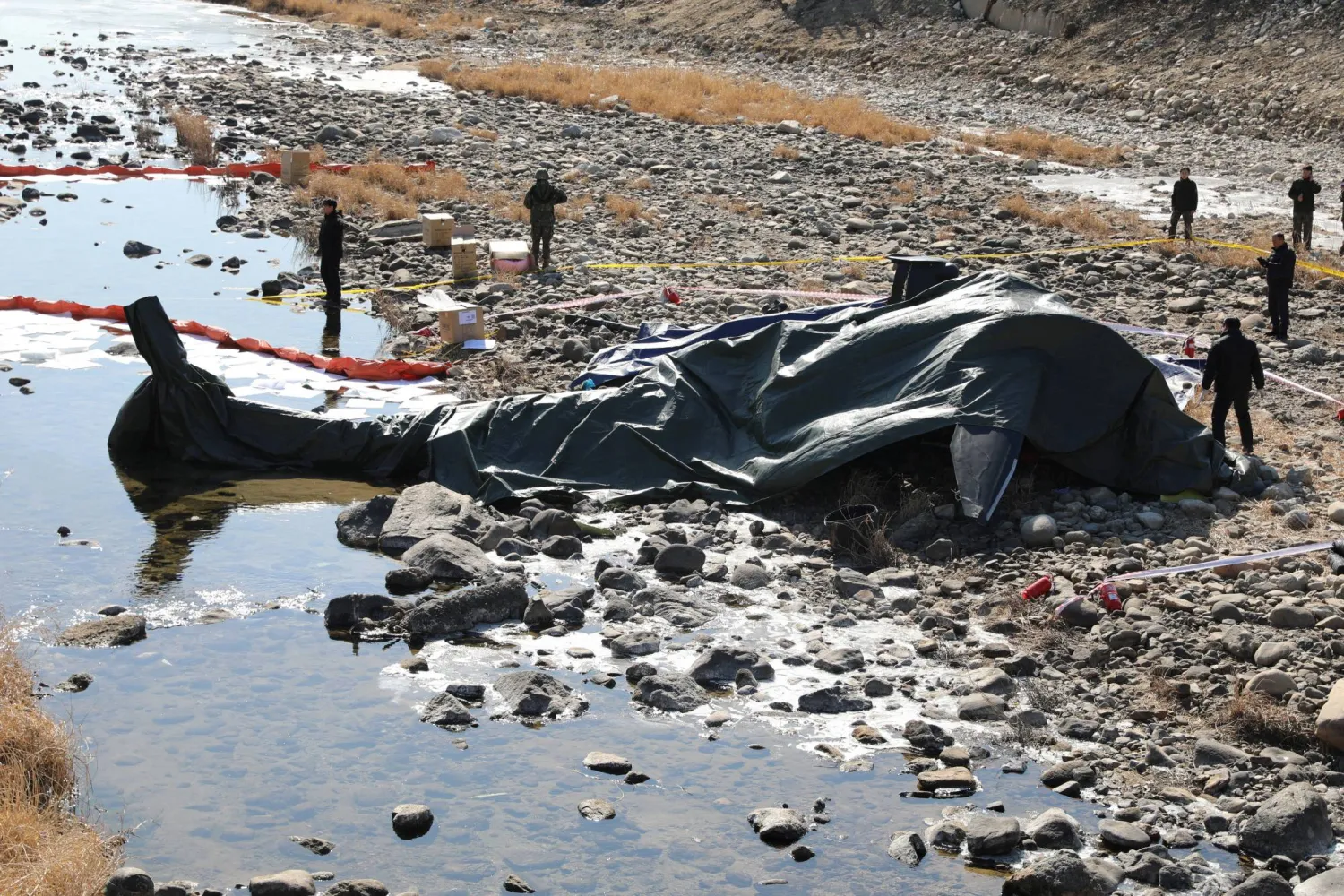South Korea’s opposition-controlled National Assembly voted Friday to impeach acting President Han Duck-soo despite vehement protests by governing party lawmakers, further deepening the country’s political crisis set off by President Yoon Suk Yeol’s stunning imposition of martial law and ensuing impeachment.
Han’s impeachment means he will be stripped of the powers and duties of the president until the Constitutional Court decides whether to dismiss or reinstate him. The court is already reviewing whether to uphold Yoon's earlier impeachment. The impeachments of the country’s top two officials worsen its political turmoil, deepen its economic uncertainty and hurt its international image.
The single-chamber National Assembly passed Han’s impeachment motion with a 192-0 vote. Lawmakers with the governing People Power Party boycotted the vote and surrounded the podium where assembly Speaker Woo Won Shik was seated and shouted that the vote was “invalid” and demanded Woo's resignation. No violence or injuries were reported.
The PPP lawmakers protested after Woo called for a vote on Han’s impeachment motion after announcing its passage required a simple majority in the 300-memer assembly, not a two-thirds majority as claimed by the PPP. Most South Korean officials can be impeached by the National Assembly with a simple majority vote, but a president’s impeachment needs the support of two-thirds. There are no specific laws on the impeachment of an acting president.
In a statement, Han called his impeachment “regrettable” but said he respects the assembly's decision and will suspend his duties to “not add to additional confusion and uncertainty.” He said he will wait for “a swift, wise decision” by the Constitutional Court.
Han’s powers were officially suspended after the copies of his impeachment document were delivered to him and the Constitutional Court. The deputy prime minister and finance minister, Choi Sang-mok, is next in line to take over.
Han, who was appointed prime minister by Yoon, became acting president after Yoon, a conservative, was impeached by the National Assembly about two weeks ago over his short-lived Dec. 3 imposition of martial law. Han quickly clashed with the main liberal opposition Democratic Party as he pushed back against opposition-led efforts to fill three vacant seats on the Constitutional Court, establish an independent investigation into Yoon’s martial law decree and legislate pro-farmer bills.
At the heart of the fighting is the Democratic Party’s demand that Han approve the assembly's nominations of three new Constitutional Court justices to restore its full nine-member bench ahead of its ruling on Yoon’s impeachment. That’s a politically sensitive issue because a court decision to dismiss Yoon as president needs support from at least six justices, and adding more justices will likely increase the prospects for Yoon’s ouster.
Yoon’s political allies in the governing party oppose the appointment of the three justices, saying Han shouldn’t exercise the presidential authority to make the appointments while Yoon has yet to be formally removed from office.
On Thursday, Han said he wouldn’t appoint the justices without bipartisan consent. The Democratic Party, which holds a majority in the assembly, submitted an impeachment motion against Han and passed bills calling for the appointment of three justices.
South Korean investigative agencies are probing whether Yoon committed rebellion and abuse of power with his marital law decree. His defense minister, police chief and several other senior military commanders have already been arrested over the deployment of troops and police officers to the National Assembly, which prompted a dramatic standoff that ended when lawmakers managed to enter the chamber and voted unanimously to overrule Yoon’s decree.
Han's impeachment motion accuses him of collaborating and abetting Yoon's declaration of martial law. It also accuses Han of attempting to obstruct the restoration of the Constructional Court's full membership and of delaying investigations into Yoon's alleged rebellion by not appointing independent counsels.









